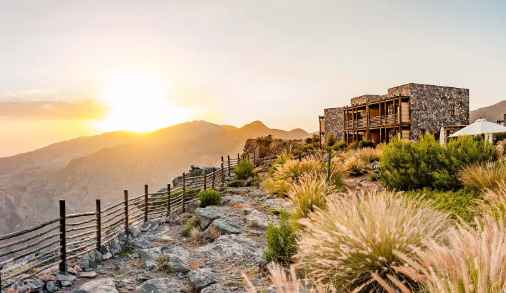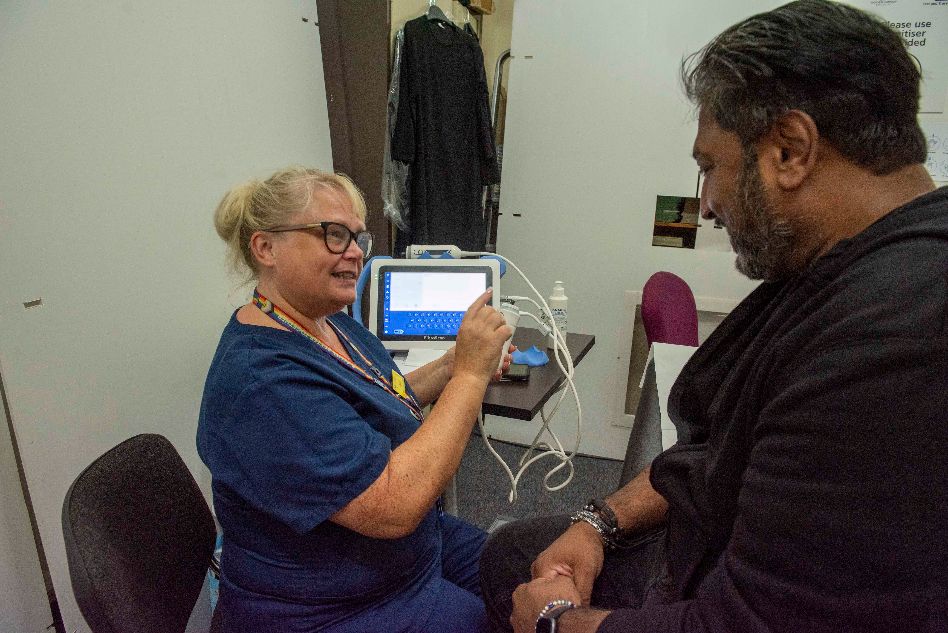Following the publication of this years A-Level results, gap year specialist tour operator, TruTravels, has released a set of expert travel tips to help students as they set off on their gap year travels. Consisting of ten pieces of expert advice for new travellers, including everything from learning about local customs before they travel, to planning their general direction of travel within a week of arrival, the list provides a useful starting point for any budding traveller.
With a number of high profile news stories in recent years concerning problems abroad for hapless travellers from the UK, these tips are certain to be useful for the next generation of young backpackers.
Mark Pope, Co-founder of TruTravels, says, “For many people travelling post A-Levels, this will be their first big holiday without their parents, and as such it's important that they go in with their eyes wide open. It's great to head off and explore the world on the holiday of a lifetime, but if things go wrong it can be a big wakeup call, and as much as this is a very exciting time for school leavers, it's an equally stressful time for their parents. That's why we've created these tips, to help travellers get started on the right foot.”
TruTravels runs group tours in Thailand, Cambodia and Bali, and specialises in travel for young, fun-seeking travellers and backpackers, with a variety of trips ranging from 8 to 23 days. The company was founded in 2012 by two British backpackers, who used their own experiences travelling around Asia to create tours that perfectly balance fun and independence with safety. They have released these tips as an extension of their wider focus on safer travel, which also includes a dedicated SOS line for use by travellers and their families, and a Tour Radar 'meet up' app for people to stay in touch before and during tours. The SOS line is not only available whilst they travel with TruTravels, but also when they continue on as solo travellers into Asia, helping to give those at home even greater peace of mind. This service is used regularly for information such as where to stay and what to eat, visa enquiries and emergencies.
















